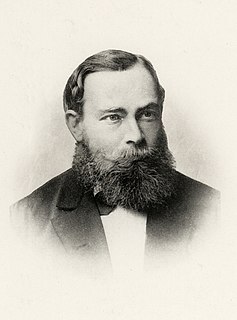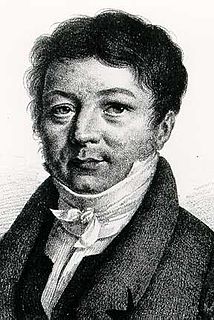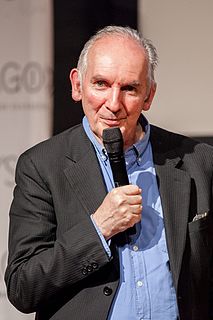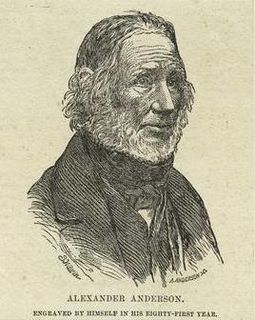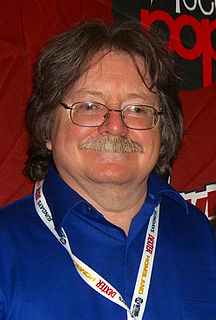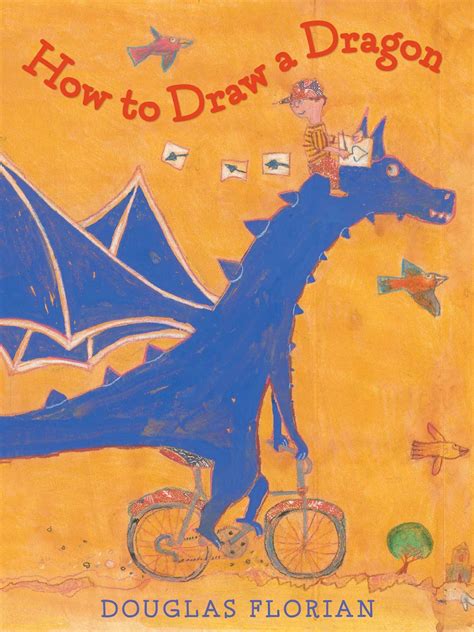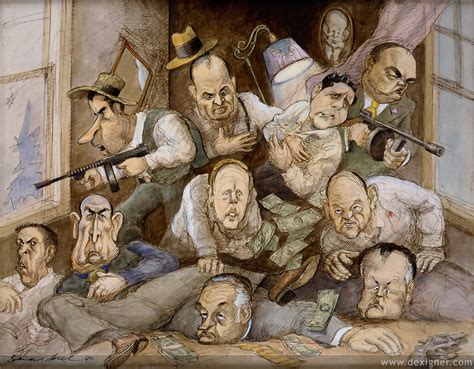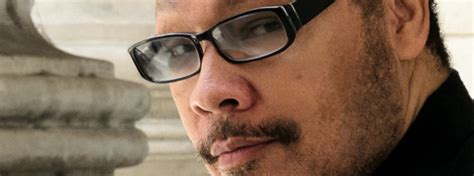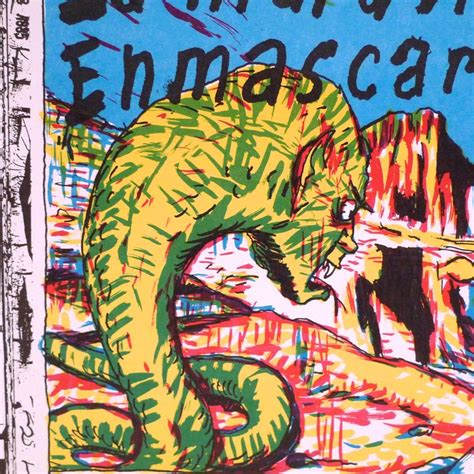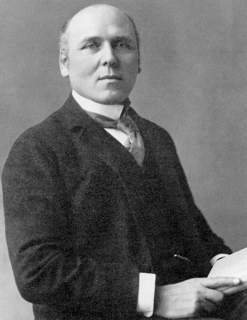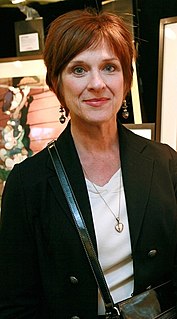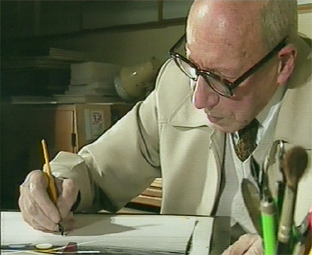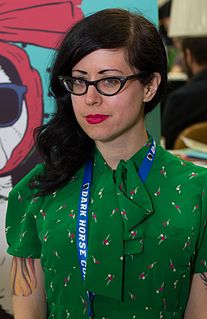A Quote by Dave McKean
I'm a huge science fan; I read a lot of science books. But I'm not a scientist, my interest in science is I love the facts, but I like to interpret those facts. They become the raw materials for stories and paintings and things.
Related Quotes
'Facts, facts, facts,' cries the scientist if he wants to emphasize the necessity of a firm foundation for science. What is a fact? A fact is a thought that is true. But the scientist will surely not recognize something which depends on men's varying states of mind to be the firm foundation of science.
The impossibility of separating the nomenclature of a science from the science itself, is owing to this, that every branch of physical science must consist of three things; the series of facts which are the objects of the science, the ideas which represent these facts, and the words by which these ideas are expressed. Like three impressions of the same seal, the word ought to produce the idea, and the idea to be a picture of the fact.
The whole point of science is that most of it is uncertain. That's why science is exciting--because we don't know. Science is all about things we don't understand. The public, of course, imagines science is just a set of facts. But it's not. Science is a process of exploring, which is always partial. We explore, and we find out things that we understand. We find out things we thought we understood were wrong. That's how it makes progress.
I wanted to be a scientist. My undergraduate degree is in biology, and I really did think I might go off and be some kind of a lady Darwin someplace. It turned out that I'm really awful at science and that I have no gift for actually doing science myself. But I'm very interested in others who practice science and in the stories of science.
It surely can be no offence to state, that the progress of science has led to new views, and that the consequences that can be deduced from the knowledge of a hundred facts may be very different from those deducible from five. It is also possible that the facts first known may be the exceptions to a rule and not the rule itself, and generalisations from these first-known facts, though useful at the time, may be highly mischievous, and impede the progress of the science if retained when it has made some advance.
Belief Systems contradict both science and ordinary "common sense." B.S. contradicts science, because it claims certitude and science can never achieve certitude: it can only say, "This model"- or theory, or interpretation of the data- "fits more of the facts known at this date than any rival model." We can never know if the model will fit the facts that might come to light in the next millennium or even in the next week.
My parents didn't know much science; in fact, they didn't know science at all. But they could recognize a science book when they saw it, and they spent a lot of time at bookstores, combing the remainder tables for science books to buy for me. I had one of the biggest libraries of any kid in school, built on books that cost 50 cents or a dollar.
[The scientist] believes passionately in facts, in measured facts. He believes there are no bad facts, that all facts are good facts, though they may be facts about bad things, and his intellectual satisfaction can come only from the acquisition of accurately known facts, from their organization into a body of knowledge, in which the inter-relationship of the measured facts is the dominant consideration.

